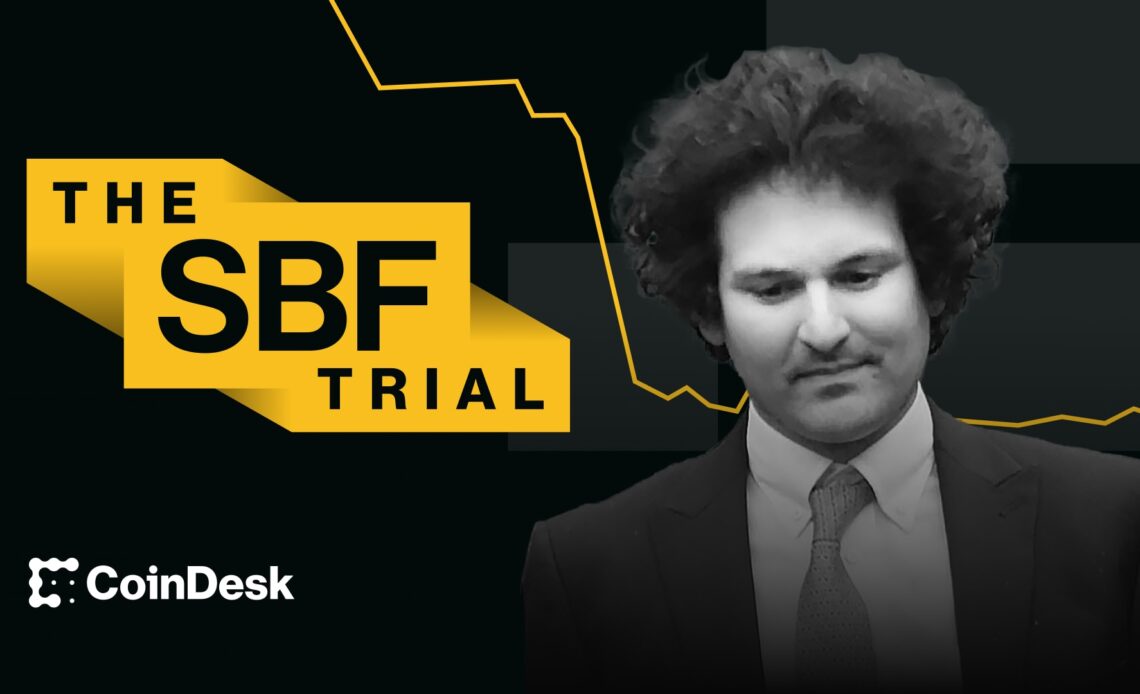If he’s convicted of wire fraud and/or conspiracy charges, FTX founder Sam Bankman-Fried will probably spend quite a bit of time behind bars. But there’s a good chance the 31-year-old won’t spend the rest of his life in prison.
Bankman-Fried’s trial tied to the operation and collapse of FTX and its affiliated hedge fund, Alameda Research, kicks off next week. Prosecutors will have to prove that he knowingly lied to his customers or lenders, knew it was wrong, was trying to defraud them, or knowingly worked with at least one other person to try and defraud lenders, customers or investors.
The burden of proof rests on the prosecution’s shoulders. The defense team, in contrast, only has to convince a jury that the U.S. Department of Justice didn’t successfully make its case that Bankman-Fried violated the law.
You’re reading The SBF Trial, a CoinDesk newsletter bringing you daily insights from inside the courtroom where Sam Bankman-Fried will try to stay out of prison. Want to receive it directly? Sign up here.
The charges themselves are:
- committing wire fraud on FTX customers
- conspiring to commit wire fraud on FTX customers
- committing wire fraud on Alameda Research lenders
- conspiring to commit wire fraud on Alameda Research lenders
- conspiring to commit securities fraud against FTX investors
- conspiring to commit [commodities?] fraud against FTX customers
- conspiring to commit money laundering to hide the proceeds of wire fraud on FTX customers
Substantive versus conspiracy
Of these, only charges one and three – wire fraud on FTX customers and Alameda Research lenders – are “substantive” charges, meaning the Department of Justice is alleging that Bankman-Fried himself actively committed the crimes.
The remaining five are “conspiracy” charges, meaning prosecutors allege he planned to commit a crime with at least one other person. The DOJ, in its proposed jury instructions, asked Judge Lewis Kaplan to clarify that “there is no need to prove that the crime or crimes … actually were committed,” with conspiracy charges, unlike the substantive charges.
Martin Auerbach, an attorney with law firm Withersworldwide, told CoinDesk that for the conspiracy charges, the DOJ will have to prove beyond a reasonable doubt that at least two people “agreed that they’re going to defraud…
Click Here to Read the Full Original Article at Cryptocurrencies Feed…
























